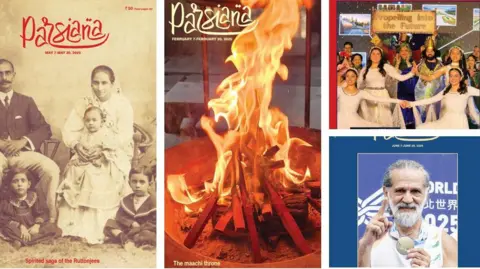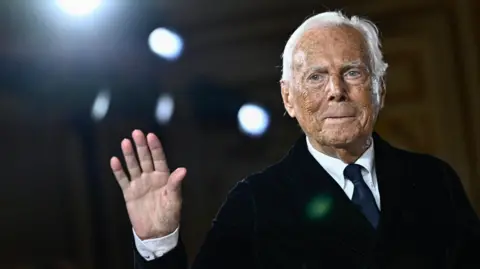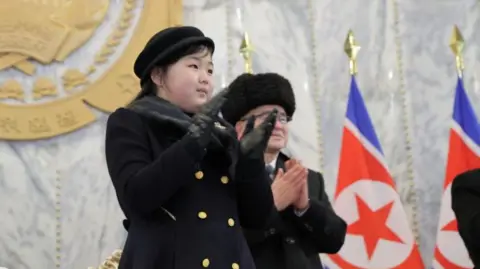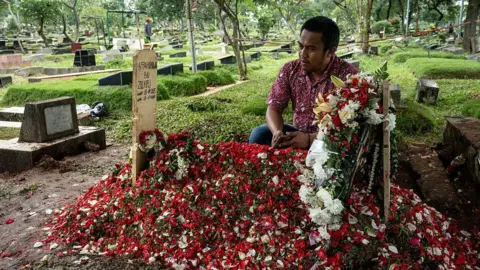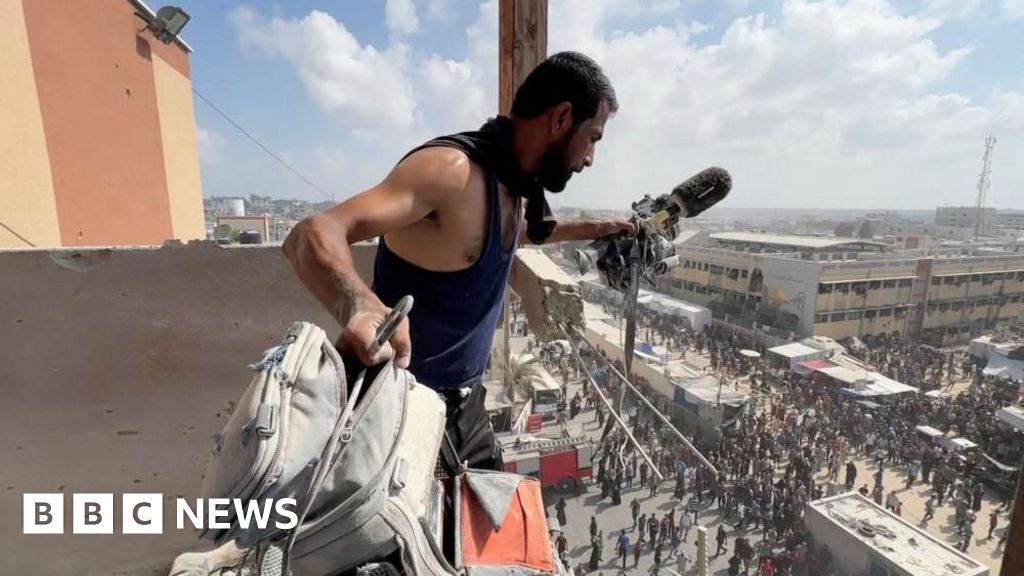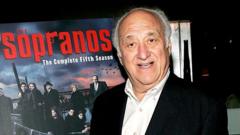The Vatican announced the death of Pope Francis on Monday morning. Cardinal Kevin Farrell, the American de facto administrator of the Vatican, stated that “the Bishop of Rome, Francis, returned to the house of the Father” at 7:35 AM, marking a solemn moment for millions of Catholics and others around the globe. As mourners gathered in St. Peter's Square, many expressed their disbelief at his passing, particularly given his recent public engagements, including his Easter blessing.
Francis’ papacy was characterized by his profound message of inclusivity, where he sought to reshape the Catholic Church into a sanctuary for the marginalized. His advocacy for migrants, climate justice, and social equity made him a prominent voice on the global stage. The pope also significantly addressed the church's internal struggles, pledging to combat the sexual abuse crises and modernize the Catholic leadership by appointing bishops who aligned with his progressive vision.
As tributes from political, religious, and social leaders filled the air, his death ignited discussions on the upcoming papal conclave. The process, steeped in tradition yet critically influential, will begin with a meeting of cardinals—signifying a key moment for the church's future direction.
Reflecting on his impactful journey, Francis’ efforts to promote hope and reconciliation will continue to resonate. His belief in fostering dialogues across faiths, alongside a relentless fight against inequality, solidified his role not only as a Catholic leader but as a moral compass for the world facing profound challenges. The church stands at a crossroads, tasked with finding a successor who can honor Francis' legacy while addressing contemporary issues of faith and morality.
With a significant announcement pending regarding the public viewing of the late pope's body and arrangement of his funeral, the world watches closely as discussions unfold around the legacy of a revered pontiff who truly embodied the virtues of compassion and inclusivity.
Francis’ papacy was characterized by his profound message of inclusivity, where he sought to reshape the Catholic Church into a sanctuary for the marginalized. His advocacy for migrants, climate justice, and social equity made him a prominent voice on the global stage. The pope also significantly addressed the church's internal struggles, pledging to combat the sexual abuse crises and modernize the Catholic leadership by appointing bishops who aligned with his progressive vision.
As tributes from political, religious, and social leaders filled the air, his death ignited discussions on the upcoming papal conclave. The process, steeped in tradition yet critically influential, will begin with a meeting of cardinals—signifying a key moment for the church's future direction.
Reflecting on his impactful journey, Francis’ efforts to promote hope and reconciliation will continue to resonate. His belief in fostering dialogues across faiths, alongside a relentless fight against inequality, solidified his role not only as a Catholic leader but as a moral compass for the world facing profound challenges. The church stands at a crossroads, tasked with finding a successor who can honor Francis' legacy while addressing contemporary issues of faith and morality.
With a significant announcement pending regarding the public viewing of the late pope's body and arrangement of his funeral, the world watches closely as discussions unfold around the legacy of a revered pontiff who truly embodied the virtues of compassion and inclusivity.








